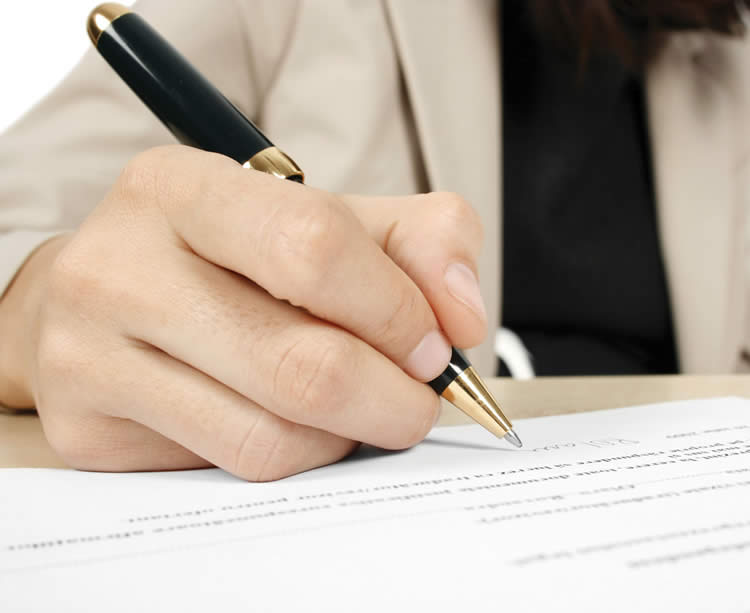Monday - 7 7:45 AM - 17:15 PM
Monday - 7 7:45 AM - 17:15 PM
Home / How to determine the forged signature in a will?
07/06/2022
According to the provisions of the Civil Code 2015, wills have the following forms:
- A written will (Article 628 of the Civil Code 2015);
- Oral Will (Article 629 Civil Code 2015).
For an oral will to be considered legal if the oral testator shows his or her final will in front of at least two witnesses and immediately after the oral testator has expressed his or her final will, the witness records again, jointly sign or fingerprint. Within 5 working days from the date the oral testator expresses his/her final will, the will must be certified by a notary public or a competent authority to certify the signature or fingerprints of the witness.

Illustration
Thus, all forms of wills need to be signed by the testator; in the absence of witnesses, the testator must write and sign his or her own will. .
In order to determine whether the signature in the will is real or fake, the heir under the will or the heirs may request the procedure-conducting agency to examine the signature when there is a dispute over the inheritance. In there:
File:
- Written request for inspection.
- A signed will that needs to be assessed.
- Papers proving the applicant's eligibility to request expertise such as: Plaintiff, defendant or a person with related interests and obligations.
Processing time:
The maximum period of expertise is 3 months and can be extended to a maximum of 4 months (Clause 16, Article 1 of the Law amending the Law on judicial expertise).
COMMENT